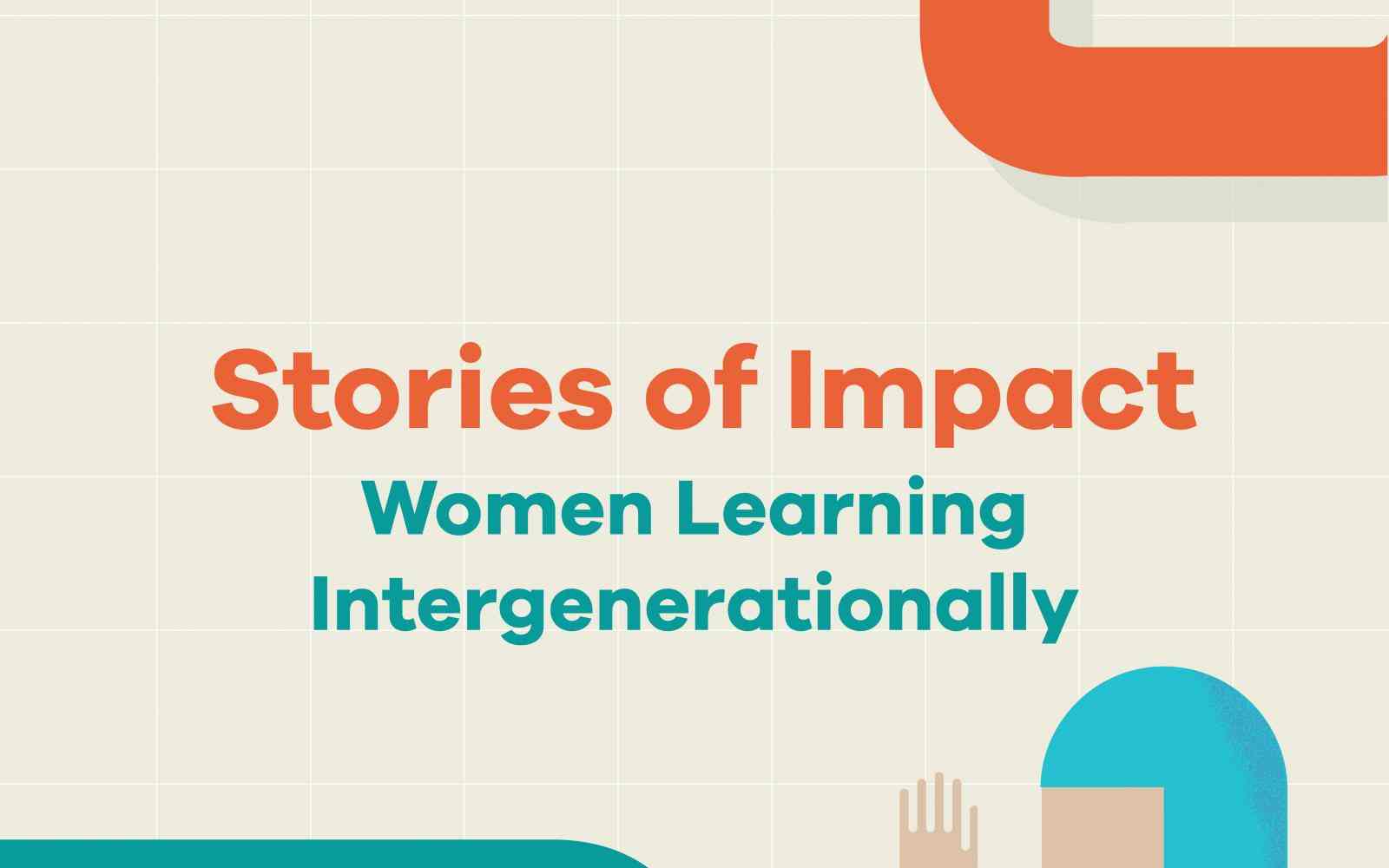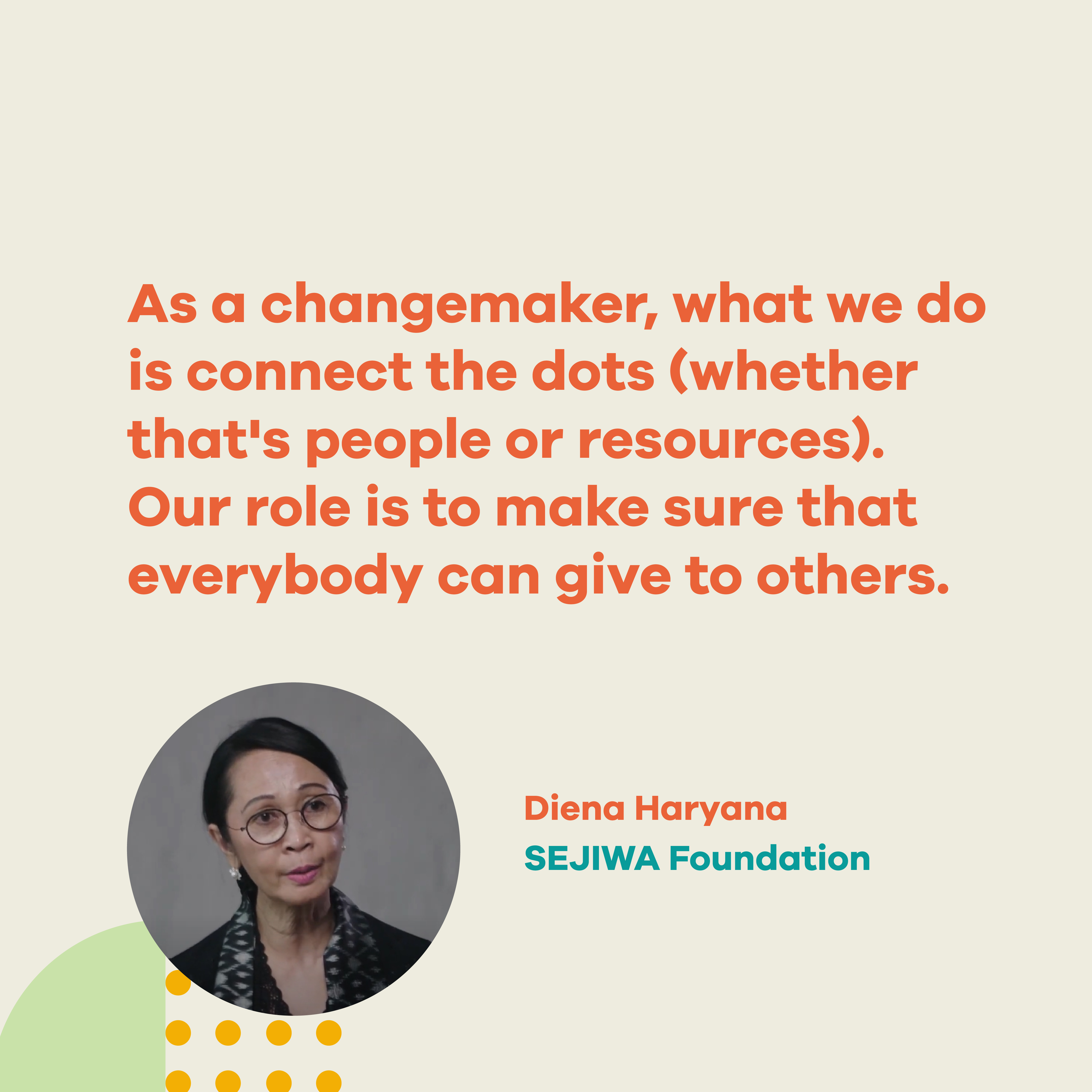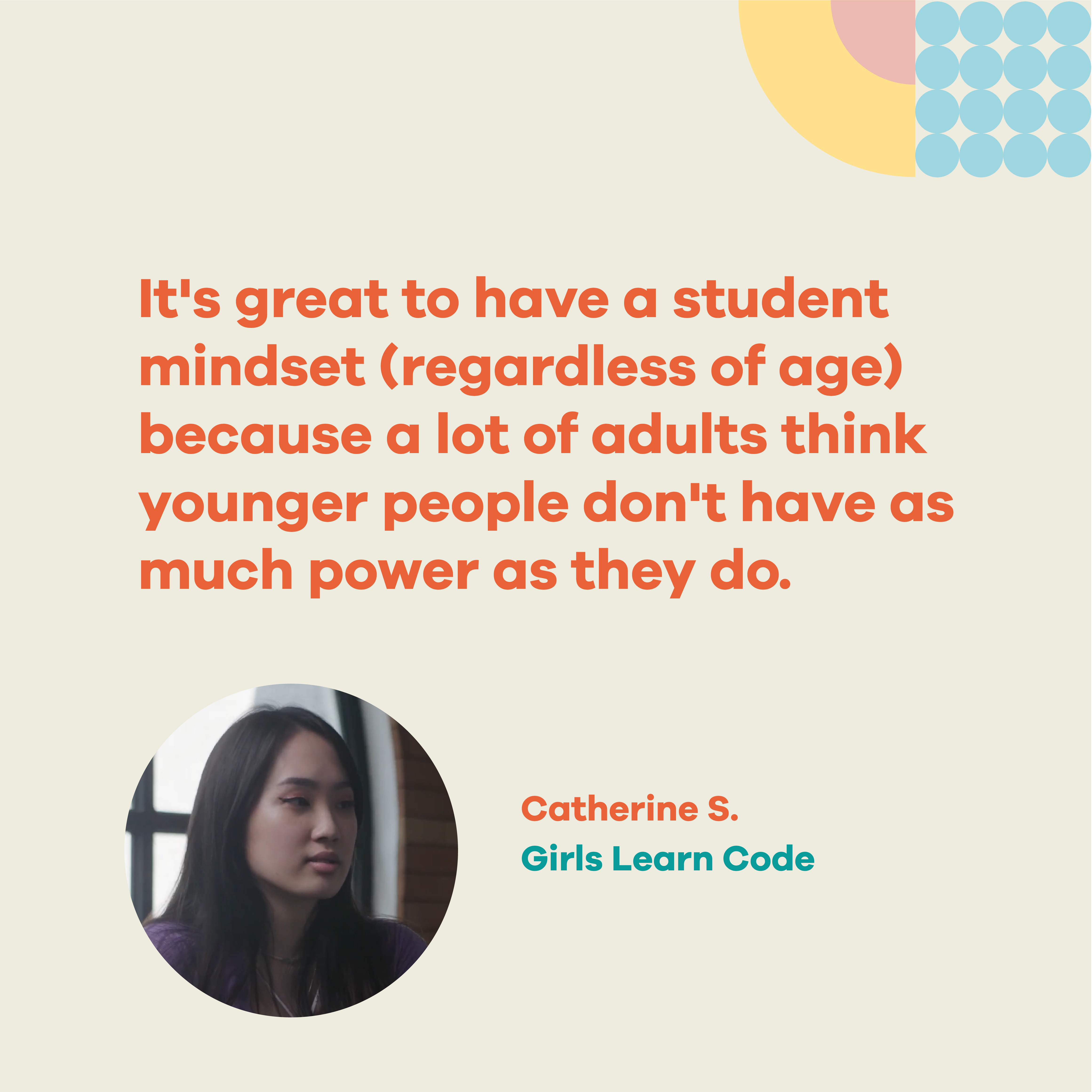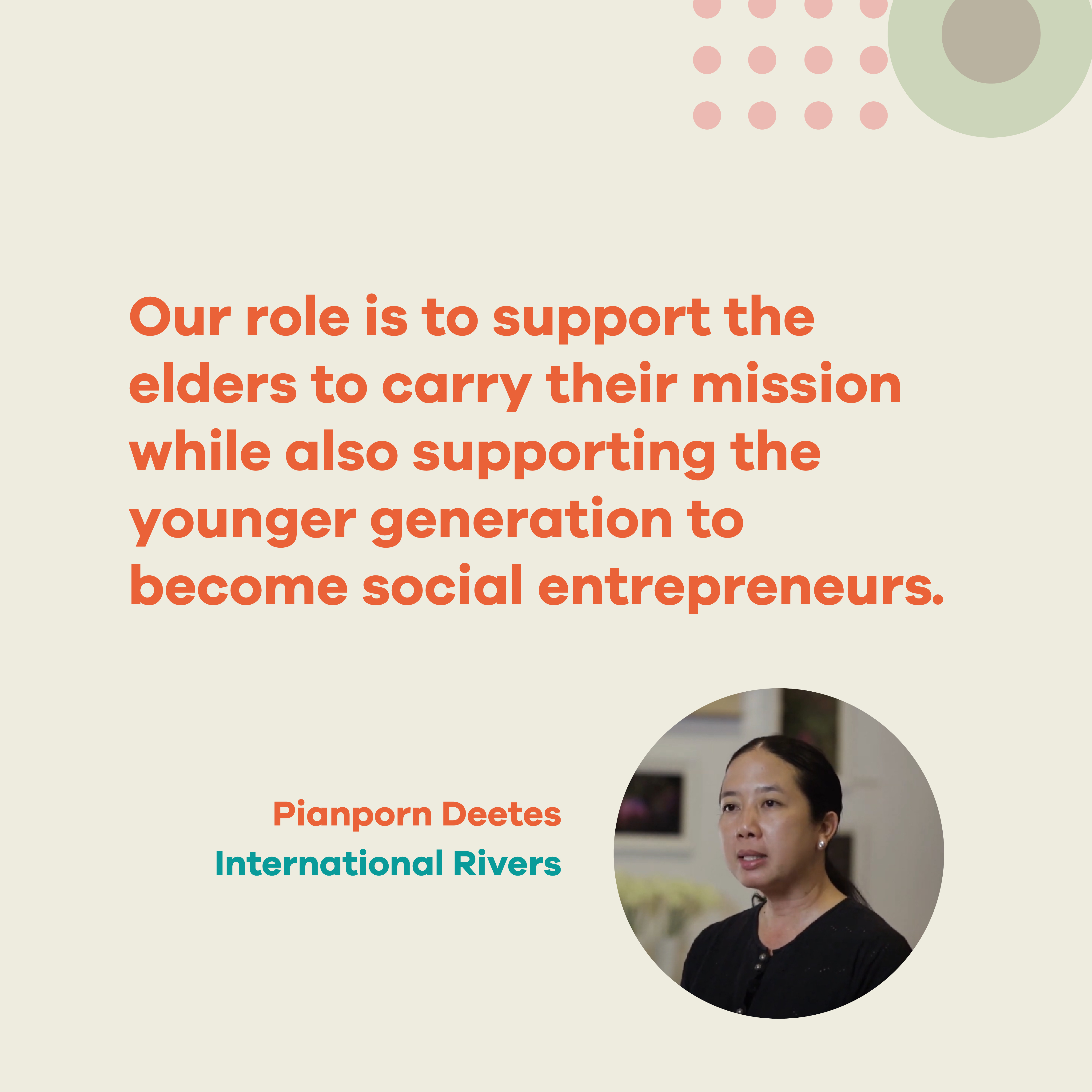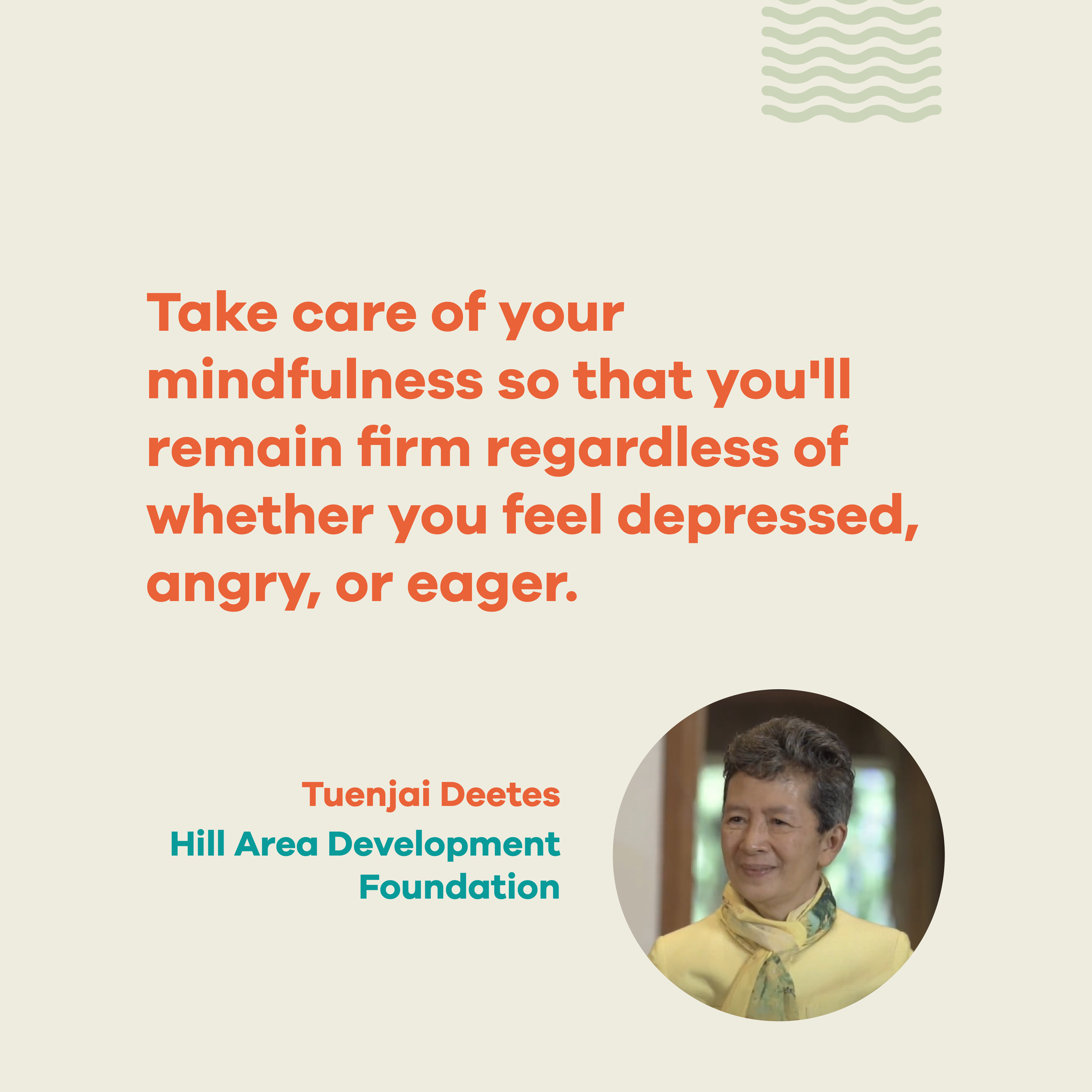Exchanges of wisdom: Generational connection needed for enduring change among women leaders
“Rather than looking at the world at the lens of age conflict, we need to adjust to this multigenerational moment that’s already washing over us,” says Ashoka Fellow Marc Freedman.
